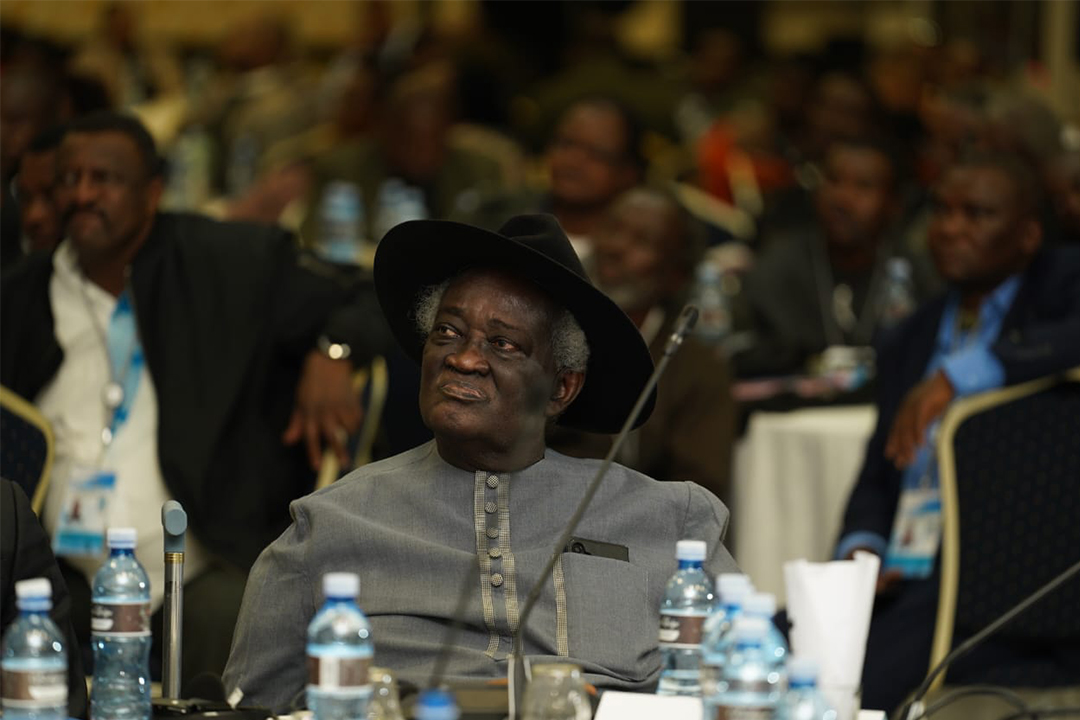By Phesheya Ian Kunene
MATSAPHA – Unifying Eswatini’s urban and rural governance systems is not just an ideal, it is a necessity.
That was the resounding message from Professor Kwamena Ahwoi, Ghana’s former Minister of Local Government and Rural Development, during his presentation at the Eswatini Local Government Conference.
Presenting on the theme “Navigating Reforms: The Politics of Unifying Urban and Rural Governance Systems,” Professor Ahwoi outlined a clear roadmap for establishing a decentralised governance model that empowers local authorities while ensuring strong alignment with national objectives.
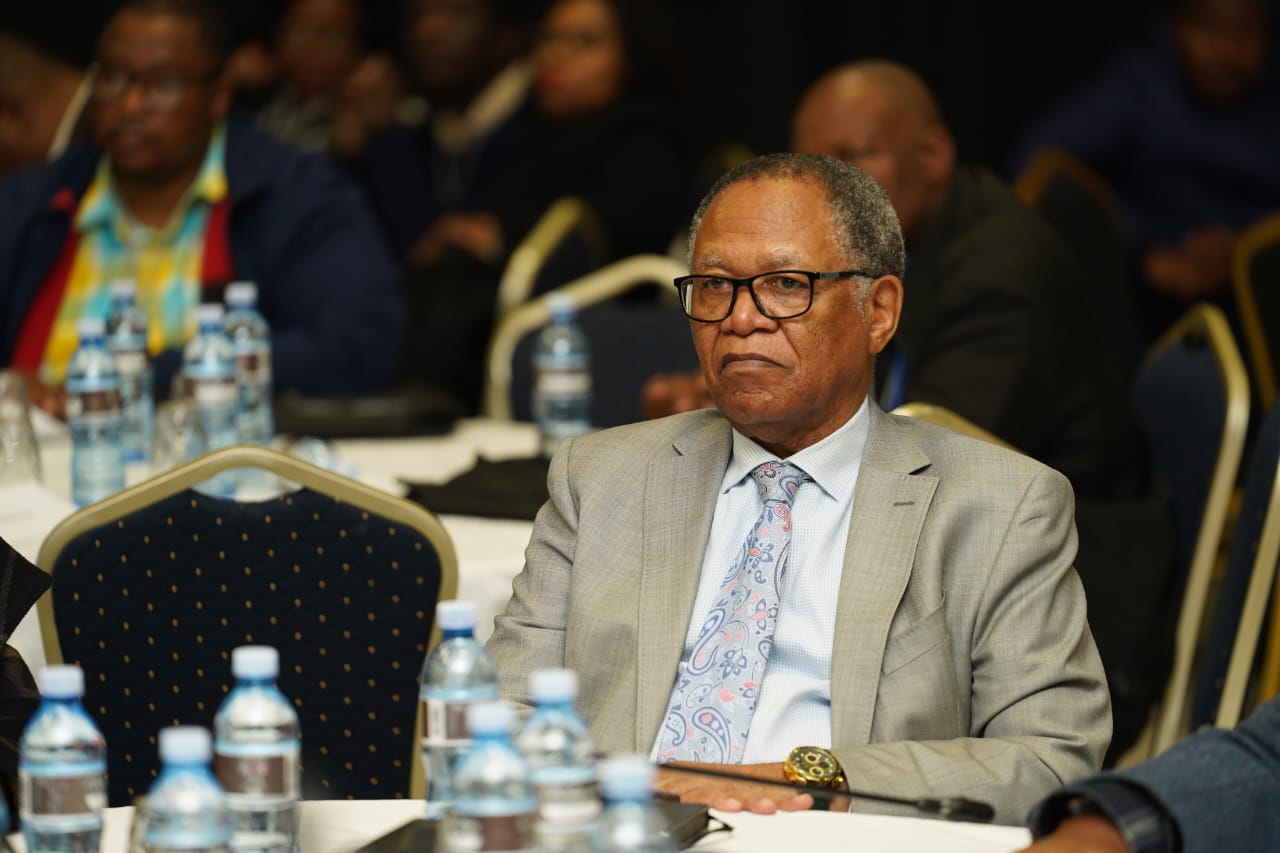
He said the success of decentralisation depends on finding a delicate balance between local autonomy and central control, supported by a unified legal framework, effective decentralised planning, and participatory democracy. “Each country must build its system based on its history and culture,” Ahwoi advised.
Drawing from Ghana’s own decentralisation journey, he highlighted key reforms that increased community participation, including the use of local languages in government business, non-partisan local elections, and state-covered campaign costs to remove financial barriers for candidates.
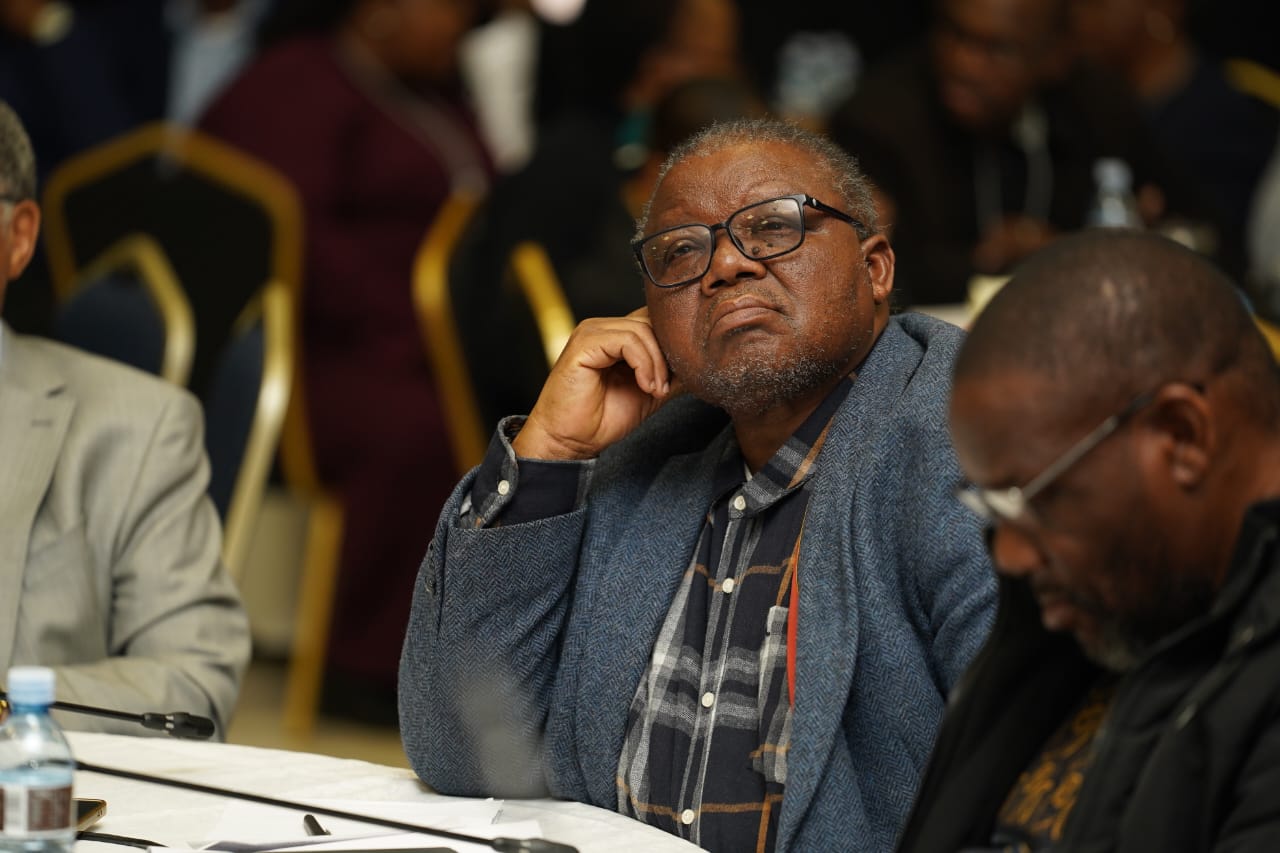
“Decentralisation must bring government to the people in practice, not just in words,” he said. “When done right, it gives every citizen a voice and brings services closer to those who need them most.”
Ahwoi cautioned against common risks such as elite capture, regional inequality, administrative complexity, and corruption.
He stressed that decentralisation is not without challenges, especially when power shifts from central to local actors. “There will be political resistance, but the long-term gains are worth it,” he added.
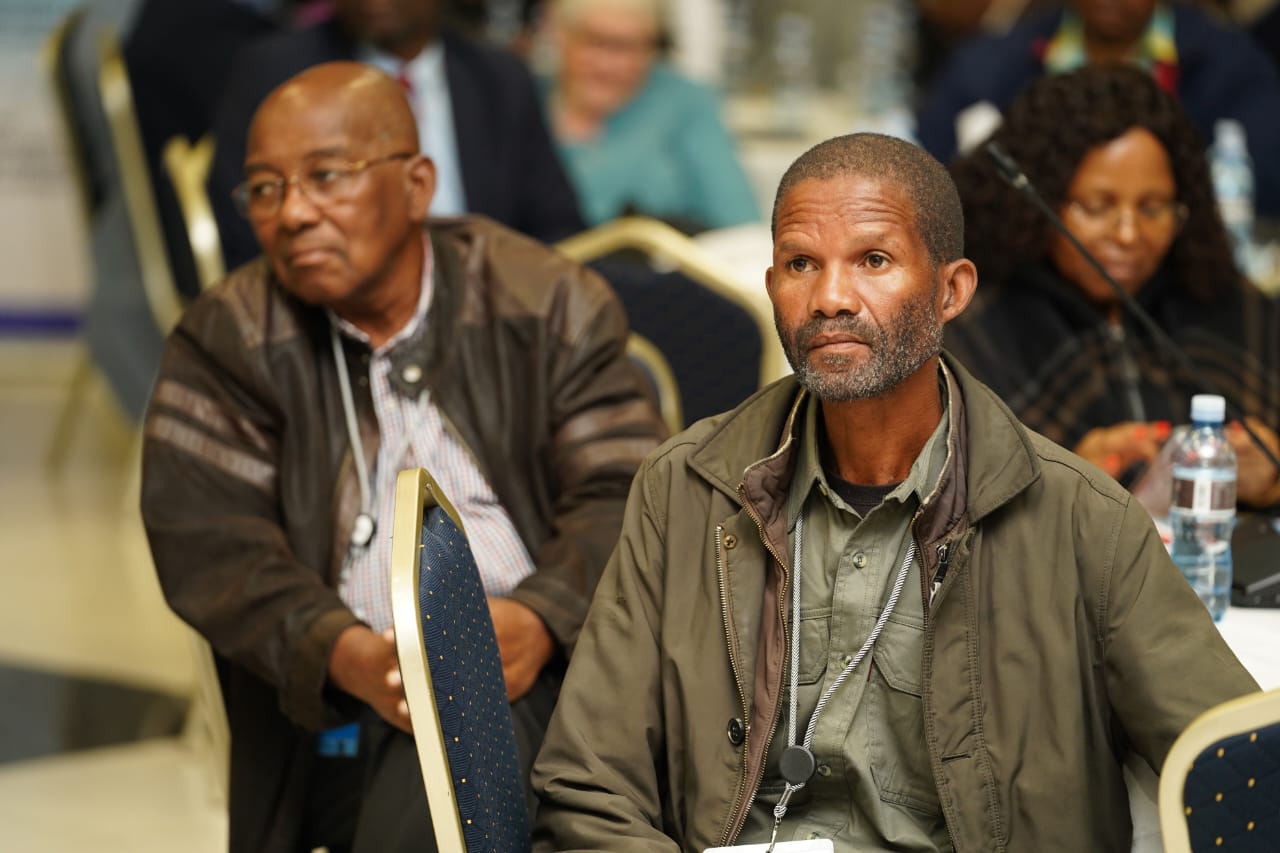
Professor Ahwoi urged Eswatini to adopt a new Local Government Act that formally unites rural and urban governance systems. He said the Act should include:
The transfer of real powers, resources, and responsibilities to local authorities;
The creation of a unified Local Government Service;
Clear fiscal policies that ensure local governments are well-resourced to perform their duties.
“Let the finances follow the functions,” he said, advocating for internally-generated funds (IGFs) and decentralised transfers similar to Ghana’s District Assemblies Common Fund, which guarantees local governments a percentage of national revenue.
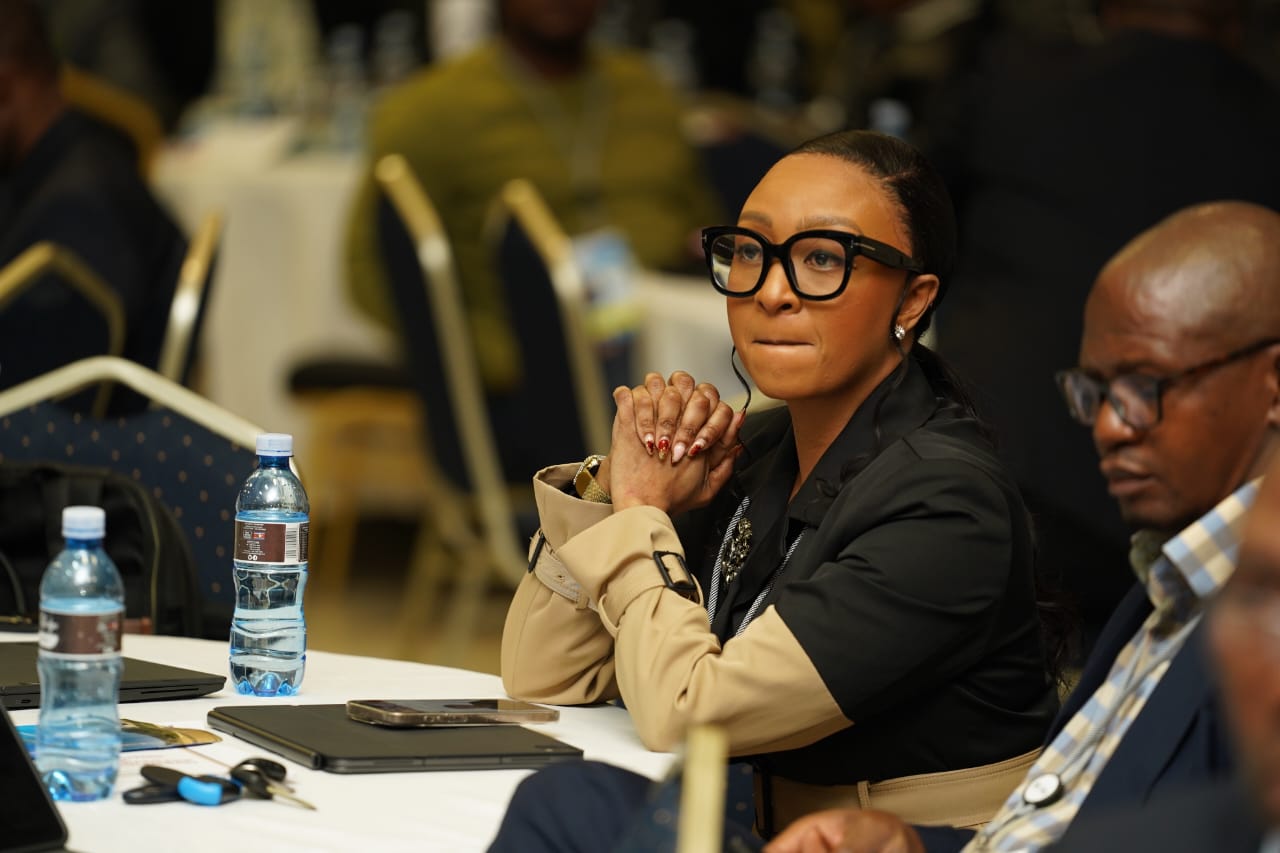
He also called for strong checks and balances at the local level, continuous staff training, and the establishment of an inter-ministerial committee chaired by the Prime Minister to oversee the implementation of reforms.
Referencing Article 218 of the Eswatini Constitution, which mandates the government to progressively give citizens control over their own affairs, Ahwoi said Eswatini already has the blueprint.
“Now is the time to act. A unified local governance system is not only constitutional, it is transformational.”
Delegates applauded the professor’s depth of knowledge and practical insights, which are expected to inform Eswatini’s ongoing development of its own local government legislation.
His address stood as a call to action, urging the Kingdom to align structure with service and tradition with progress.

